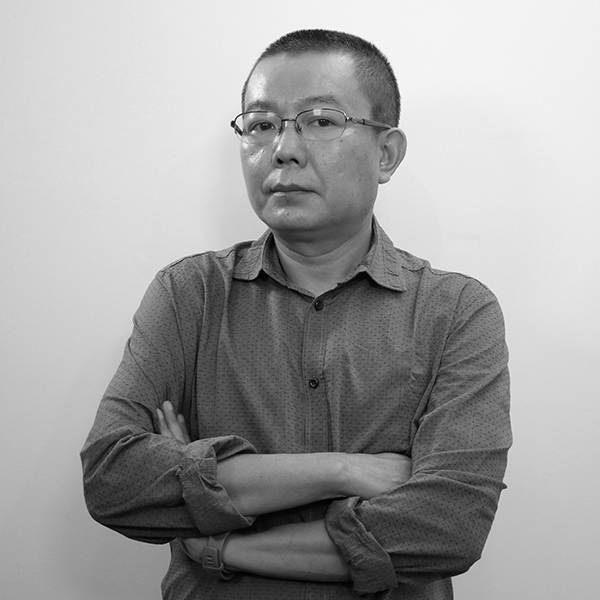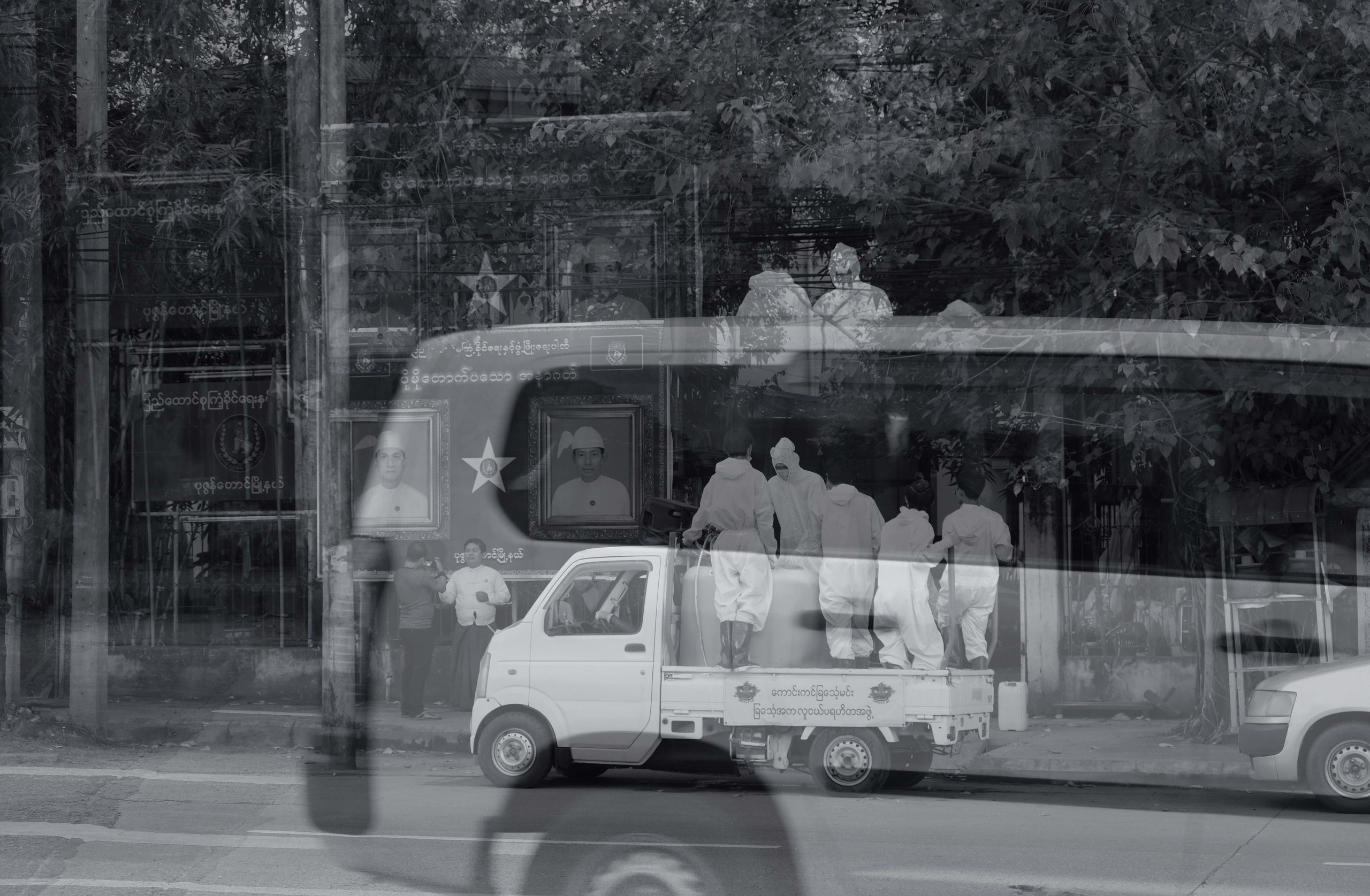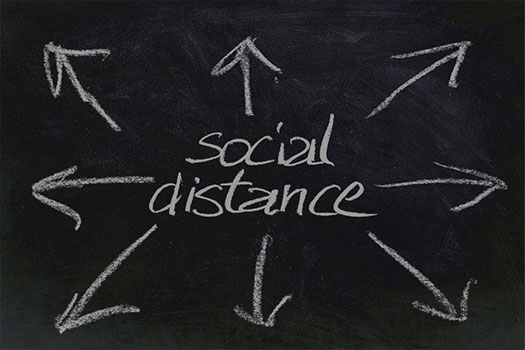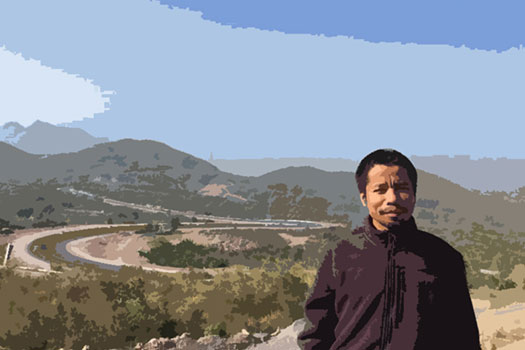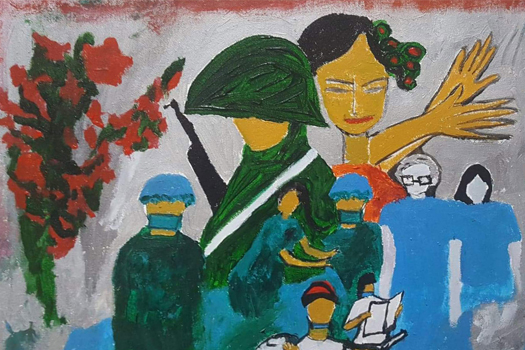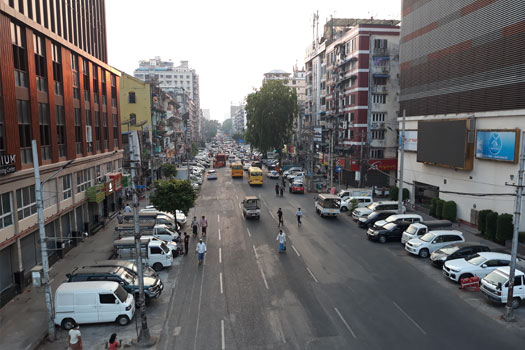After the announcement from the Burmese Ministry of Health and Sports on 23 March 2020 that the first COVID-19 patient has been found in Myanmar, many changes occured in Myanmar’s society. This was followed by fear and uncertainty. People rushed to buy groceries, closed their businesses and stayed home. Many villages and cities across the country became deserted. Some local communities adopted their own rules and regulations to restrict the entry of strangers into their territories. Finally, the central government decided to intervene in the situation. Rumors on social media especially via Facebook heavily hit Myanmar and exacerbated the situation.
In order to tackle these and provide necessary support, the National Central Committee for COVID-19 Prevention, Control and Treatment was set up, chaired by Myanmar’s de facto leader State Counsellor Aung San Suu Kyi. As a result of this the Ministry of Health and Sports is now releasing a daily situational report since the first week of April. Furthermore, State Counsellor Aung San Suu Kyi holds video conferences with COVID-19 frontline “warriors” of Myanmar from different regions and states every week to listen to information coming in from the ground and to mentally encourage volunteers and medical staff who are involved in the combating against COVID-19.
The anti-government camp feels that the government response to the crisis is insufficient and that state counselor Aung San Suu Kyi’s addresses to the public via video conference are a form of soliciting ahead of elections.
The Burmese military have also closely participated in civilian-led government activities to fight against the pandemic though the extent of their participation is under scrutiny. In accordance with the advice of the government, people have also stayed at home and those who venture out wear masks. The government’s appeal to the public to stay home has also coincided with April’s new year holidays. In short, under the difficult circumstances of the spread of the virus in March and April, the whole of the country seems to be united though there have been some military clashes in Myanmar’s Rakhine State between the Burmese military and the Arakan Army (AA), officially declared by the government of Myanmar as terrorist group.
So far as of 22 April 2020, a COVID-19 laboratory has confirmed that cases in Myanmar have reached 121. Of these five persons have passed away and nine were discharged. So far, the public response to the government’s handling of COVID-19 has been varied. The pro-government camp has said that the government is doing its best in spite of constraints such as a lack of funding and medical facilities. However, the anti-government camp feels that the government response to the crisis is insufficient and that state counselor Aung San Suu Kyi’s addresses to the public via video conference are a form of soliciting ahead of elections.
In previous years, the Burmese positively viewed those (Burmese citizens) who came back to the country, especially those coming from the U.S., U.K., South Korea and Japan. However, since the first three cases of the COVID-19 to Myanmar were found to be related to those who came back from the U.S. and the U.K., the public’s perception on those who came back from aboard have immediately changed. Sadly, many have negatively viewed returnees as virus carriers, and there has been a strong anti-returnee movement on social media, calling the government to completely ban their return. In addition to domestic social behavioral changes, amid of the spread of COVID-19 -and echoing the voice of the U.S.- some have written anti-Chinese comments on social media. This inevitably means that international politics between the U.S. and China will play out sooner or later in Myanmar. No one can also deny that the government’s response to the current COVID-19 crisis (and post COVID-19), will heavily impact on the results of the upcoming 2020 Myanmar’s elections. However, there is little we can predict, especially when, in recent days, the Kosovo government was defeated due to its lack of response to the pandemic whilst concurrently, the ruling South Korean government won a re-election landslide.
The author wishes to remain anonymous.
22 April, 2020


